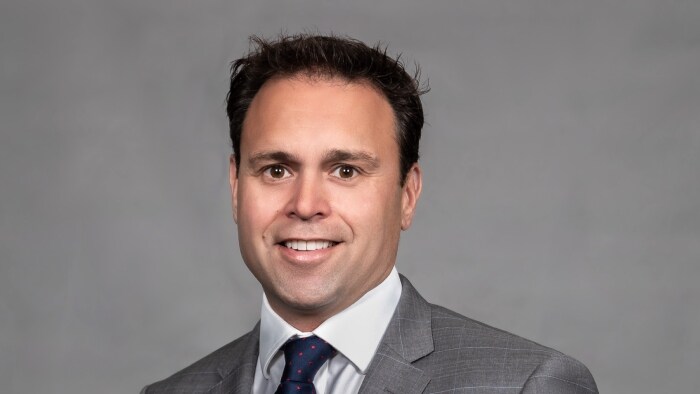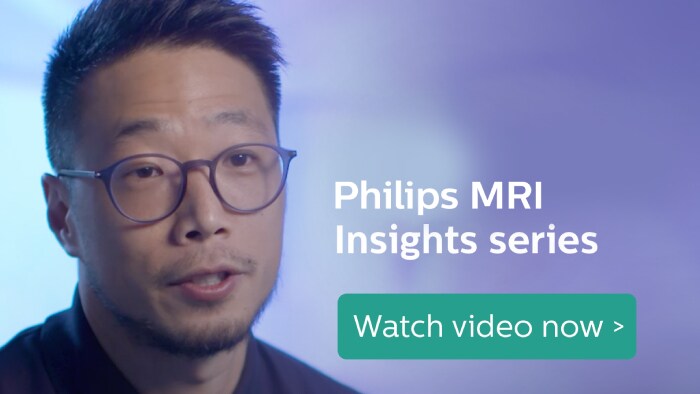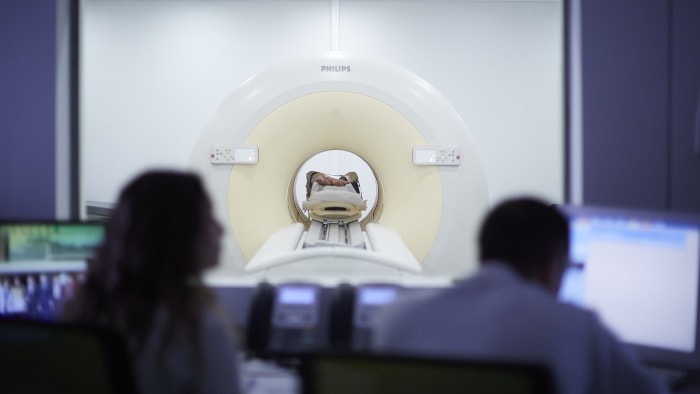Mar 23, 2021
Making AI feel natural for clinicians: Philips approach to integrated workflows
As signaled by the rapid growth and investment in AI technologies, the shift in healthcare is coming, and the benefits are significant, with AI set to impact almost every industry globally. While there is still much to be understood about the full potential of AI, Philips is proving the most-effective clinical decision making is done when technology and clinical knowledge work in partnership. Philips is at the cutting edge of AI adoption, with active programs across the globe focused on effectively implementing the technology to improve the lives of patients. The capabilities of AI within healthcare The capabilities of AI technologies are significant, especially the ability to process and analyse significant amounts of information quickly and effectively. The rapid growth in data availability sets within the healthcare system has persisted, as technology plays a more significant role in clinician record keeping and management. Moreover, this growth has helped AI technology become more effective, as the technology is now able to learn by itself, no longer relying on clinician expertise in its base code to understand when an insight is developed. Known as Deep Learning, AI systems can now absorb years of clinical data and transform it into digestible, and therefore more useful, insights for clinicians in real time, without the need for clinical oversight. We’re seeing AI work together with clinicians to enhance the development of insights throughout a clinical workflow. Working in partnership, AI is able to provide historical context to clinical decisions and find even the subtlest trends in data sets to unearth insights previously unrecognised by clinicians having to work by themselves. Recognising the role AI should play in clinical decision making is vital. The Philips Enterprise Diagnostic Imaging Solution is clinically intelligent software that is able to adapt to the skills and preferences of individual healthcare professionals by delivering configurable insights tools that can: AI technology’s effective implementation into a workflow, as Philips has delivered, generates more-dynamic, more-meaningful findings for enhanced patient care. With our technology recognised by Frost & Sullivan as a leading example of how AI can be effectively integrated into a healthcare workflow. How AI builds towards value based care By delivering a tailored and situationally aware analysis of an individual patient, AI technology is a pathway that enables the transition towards a value based care model. As Philips continues to lead in integrating technologies like AI into existing workflows at multiple points throughout the patient journey, the sense of natural adaption, for patients and clinicians, continues to build trust within both cohorts. The partnership between healthcare professionals and AI technology allows context to be attached to raw findings, driving towards a value based model of care assessment from a patient perspective. By seamlessly combining clinical and technological insights, and enhancing the face-to-face care interactions between clinicians and patients by delivering more accurate and time-critical assessments, we create a more natural enhancement of expected care, ensuring patients feel the value clinicians provide. Moving beyond simple implementation, Philips is making the AI experience seamless – for patients, healthcare professionals, and stakeholders across the sector – by bringing together clinical and technology-developed insights in partnership, Philips is leading in making the process feel more human.
About Royal Philips
Royal Philips (NYSE: PHG, AEX: PHIA) is a leading health technology company focused on improving people's health and well-being, and enabling better outcomes across the health continuum – from healthy living and prevention, to diagnosis, treatment and home care. Philips leverages advanced technology and deep clinical and consumer insights to deliver integrated solutions. Headquartered in the Netherlands, the company is a leader in diagnostic imaging, image-guided therapy, patient monitoring and health informatics, as well as in consumer health and home care. Philips generated 2020 sales of EUR 19.5 billion and employs approximately 82,000 employees with sales and services in more than 100 countries. News about Philips can be found at www.philips.com/newscenter.
Topics
Contacts

Sarah Al-Hashimi Brand & Corporate Communications Manager Tel. : +61 (0) 402117768
You are about to visit a Philips global content page
Continue Author

Matt Moran Managing Director, Philips Australia & New Zealand Matt Moran serves as the Managing Director for global health technology leader, Philips, in Australia and New Zealand. Having joined the company as a young graduate, Matt has experienced and contributed to Philip’s transformation over the course of his career and has held various leadership positions in different areas of the company, ranging from consumer electronics to health systems.
Media assets

In our newly released MRI Insights Series, leading clinical experts share their experience with cutting edge technology and innovation in diagnostics and how Philips is helping them achieve better health outcomes.


